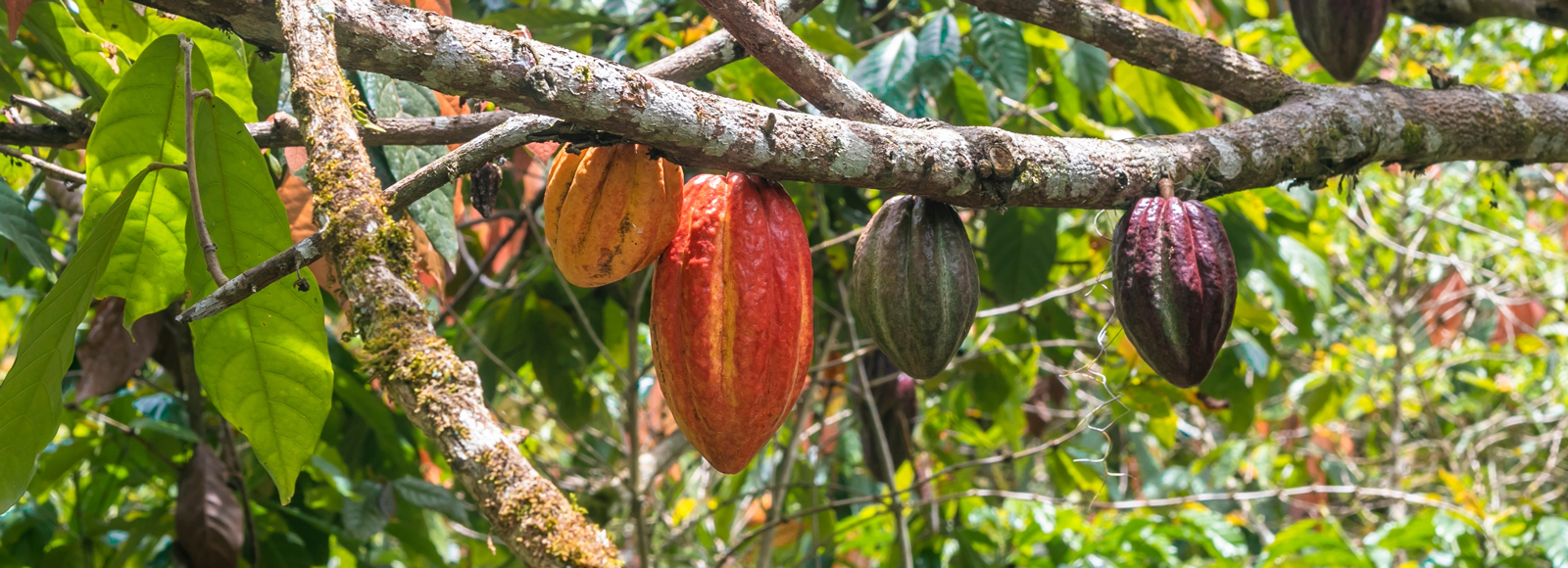Farmers impoverished by climate change make 'lose-lose' choices
Climate change is pushing farmers in the Global South towards short-term choices that further increase their vulnerability, research involving a Bayes Business School academic suggests.
Dr Lucrezia Nava is part of a team that has studied the challenges facing more than 3000 Brazilian cocoa farmers whose land has been devastated by climate change but who choose short-term solutions.
Farmers told researchers that faced with a choice of their families ‘starving today’ or going thirsty tomorrow, they choose to feed their families today.
Those choices include further deforesting the Atlantic Forest to sell timber and make space for cattle farming, despite acknowledging this change will make their land even more vulnerable to the impact of climate change within a decade.
Dr Nava said:
“Climate change and deforestation have already left small-scale cocoa producers in Brazil’s Atlantic rainforest struggling to feed their families as they grapple with the loss of over 40 million cocoa trees and an 89% fall in productivity. In response, they choose ‘lose-lose’ solutions which leave both ecological systems and people increasingly vulnerable. They know that reforestation will take years to improve soil quality, water supplies and productivity.
“So instead they choose deforestation for timber and cattle farming. This speeds up desertification – so ultimately even cattle farming will not be viable.”
Historically, cocoa, which thrives in agroforestry systems, not only coexisted with the forest but also enriched the first European settlers —adventurers who grew wealthy from this 'golden fruit'. The ravages of climate change mean their descendants now depend on government aid for subsistence.
Farmers told researchers involved in the study that faced with a choice of their families ‘starving today’ or going thirsty tomorrow, they choose to feed their families today.
Dr Nava explained: “The more that producers such as these farmers understand the effects of climate change and the impact of local deforestation, the more fear and hopelessness push them to focus on the present – whatever the future cost.
“These producers don’t need an education about the impact of deforestation – they need resources to support them and their families so they can survive until long-term solutions such as reforestation restore the forest and the productivity of their crops.”
